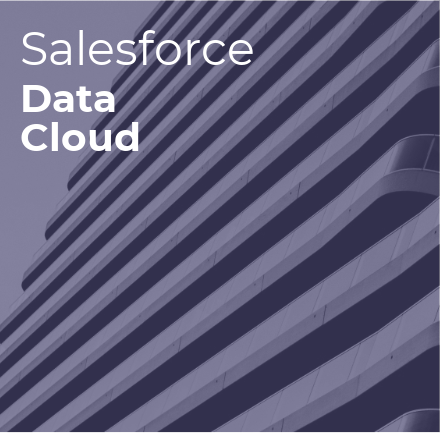
Best Use Cases for Salesforce Data CloudBest Use Cases for Salesforce Data Cloud
Salesforce Data Cloud is a versatile platform that can drive value across various business functions. Here are some of the best use cases that showcase its power and flexibility:
1. Personalized Marketing Campaigns
- Create highly targeted segments based on customer behavior, preferences, and lifecycle stage
- Deliver personalized content and offers across multiple channels (email, web, mobile, advertising)
- Implement real-time personalization based on customer interactions and context
2. Customer 360 View for Sales Teams
- Provide sales reps with a complete view of customer interactions across all touchpoints
- Enable data-driven lead scoring and prioritization
- Identify cross-sell and upsell opportunities based on customer behavior and propensity models
3. Omnichannel Customer Service
- Empower service agents with a unified view of customer history and preferences
- Enable proactive service by predicting customer needs and potential issues
- Personalize self-service experiences based on customer profiles and past interactions
4. Customer Journey Optimization
- Map and analyze customer journeys across multiple touchpoints and channels
- Identify friction points and opportunities for improvement in the customer experience
- Implement data-driven journey orchestration to guide customers towards desired outcomes
5. Predictive Churn Prevention
- Use AI models to identify customers at risk of churning
- Implement targeted retention campaigns based on individual customer profiles
- Monitor the effectiveness of retention efforts in real-time
6. Product Recommendations and Next Best Offers
- Leverage AI to generate personalized product recommendations
- Implement real-time next best offer suggestions in customer-facing applications
- Optimize product bundling and pricing strategies based on customer behavior
7. Customer Lifetime Value Optimization
- Calculate and predict customer lifetime value (CLV) using comprehensive customer data
- Segment customers based on CLV and tailor engagement strategies accordingly
- Identify high-value customer attributes to inform acquisition and retention strategies
8. Compliance and Privacy Management
- Centralize consent management across all customer touchpoints
- Implement data governance policies to ensure regulatory compliance (e.g., GDPR, CCPA)
- Provide customers with self-service portals to manage their data and privacy preferences
9. Advanced Customer Analytics and Insights
- Perform cohort analysis to understand customer behavior patterns
- Use predictive analytics to forecast future customer trends and needs
- Create custom dashboards and reports for different stakeholders across the organization
10. Account-Based Marketing (ABM)
- Create comprehensive account profiles by aggregating data from multiple contacts
- Implement targeted ABM campaigns based on account-level insights
- Track and measure the effectiveness of ABM initiatives across touchpoints
Conclusion
Salesforce Data Cloud’s versatility makes it a powerful tool for addressing a wide range of business challenges. By leveraging its capabilities, organizations can create more personalized customer experiences, make data-driven decisions, and drive significant business value across marketing, sales, service, and beyond.
To explore how these use cases can be applied to your specific business needs, click here.

